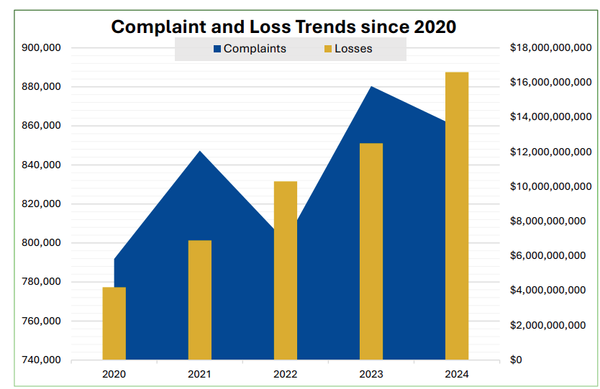Feds Push Defense Measures Against Salt Typhoon, Say Americans Should Use Encrypted Apps
Ransomware attack helped push Stoli vodka maker to bankruptcy, FTC acts against top location data companies, Cops stop encrypted messaging platform MATRIX, Germany takes down its largest cybercrime market, New Scattered Spider suspect arrested, Iranian hackers targeted Kash Patel, much more





